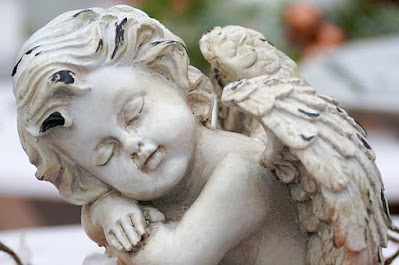Владимир Маяковский
(1893-1930)
Тучкины
штучки
Плыли
по небу тучки.
Тучек — четыре штучки:
от
первой до третьей — люди,
четвертая была верблюдик.
К
ним, любопытством объятая,
по дороге пристала пятая,
от
нее в небосинем лоне
разбежались за слоником слоник.
И, не
знаю, спугнула шестая ли,
тучки взяли все — и растаяли.
И
следом за ними, гонясь и сжирав,
солнце погналось — желтый жираф.
1917-1918
d
Literary Translation/Adaptation by U.R. Bowie
Clouds Take Shapes Take
Shapeless
Rain cloudlets across the sky
floating.
Four cloudlets as if on pond boating:
The first through the third were
homunculi,
the fourth was a camel, his hump awry.
And then, curiosity tickling his haziness,
A fifth cloud accosted them, bent on sheer
craziness.
In that fifth, through the bluest of
blue sky,
ran a hippo and two hippopotami.
And could be that fixth cloud
got all the rest stressed;
When the hippos took shape
all the clouds evanesced.
Then, scarfing up nebulous wisps for a
laugh,
the sun rolled along like a yellow
giraffe.
Cartoon for children based on this poem:







